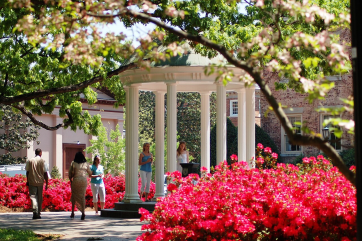Researchers at the Worcester Polytechnic Institute have turned a spinach leaf into a working mini heart. This medical breakthrough is expected to help doctors and patients alike to combat the shortage of organ donors in the future.
According to Smithsonian, the team first pumped a detergent solution through the spinach leaf in order to eliminate its plant cells. The process later turned the leaf into a transparent shell made of cellulose bathed in blood. Eventually, the researchers sent fluids and microscopic beads to the vegetable's now empty veins to prove that blood cells are capable of flowing through the spinach leaf system.
The ultimate goal of the study is to replace deceased tissues in cardiac arrest victims, thus renewing the human heart someday. Glenn Gaudette, the senior author, noted that the cultured heart cells start beating after five days. The whole process, meanwhile, lasts for about 21 days straight. Interestingly, the Worcester Polytechnic Institute also works with parsley, sweet wormwood, and hairy peanut root.
Why Spinach?
Given the growing shortage of organ donors, scientists have resorted to various biological engineering techniques like 3D printing. However, a lot of these alternatives failed. The reason for the lack of success is the absence of a vascular network.
Per CTV News, without the ability to deliver oxygen and nutrients required for proper cell growth, scientists would only get dead tissues. Thankfully, they have realized that certain plants could actually do the job because of their slenderness and the already available network of veins.
Although plant and animal bodies are relatively different, their systems of capillaries are actually pretty similar. Upon a series of tests, the scientists have collected enough tissues to treat injuries. Nevertheless, when compared to a complete full meal, this is just the appetizer as the main course is the chance to provide new heart muscles to heart attack victims.








